Fjällgås: Hosting our shared edible future.
‘Accelerate the co-creation of a regenerative future.’

Curious?
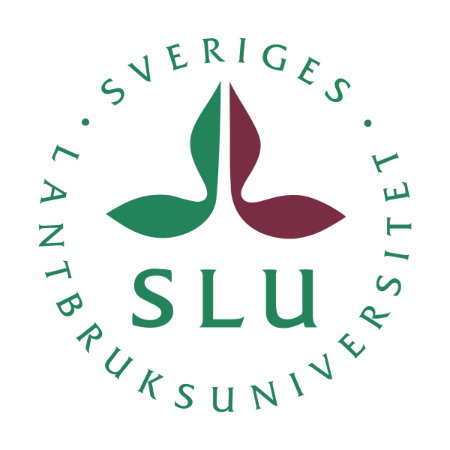
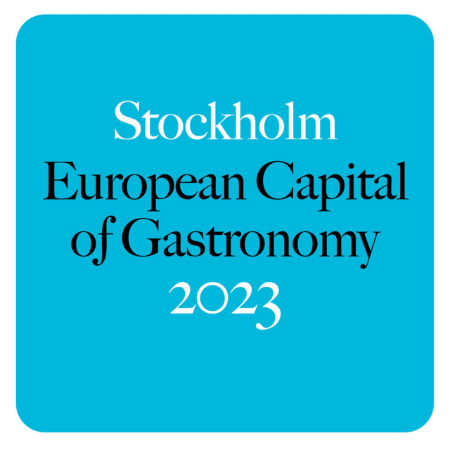
Mission
Vision
Values
Open
Agile
Collaborative
Optimistic
Inquisitive
Responsibility
Fjällgås creates connections.
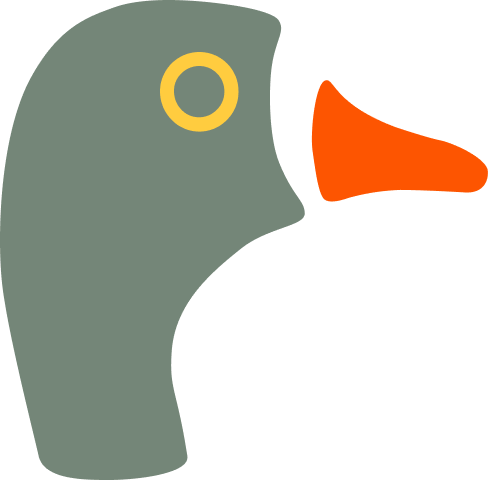
Re
generation
Why
Regeneration?

Fjällgås Story
Lesser white-fronted goose
Fjällgås is the Swedish name for the lesser white-fronted goose (Anser erythropus). Marked on the IUCN red list as vulnerable, the current global population size ranges between 16.000-27.000 individuals. With only around 100 individuals in Sweden, the fjällgås is one of Sweden’s most critically endangered species. Since the 1970s, a local innovative conservation initiative, called ‘Projekt Fjällgås’, used Barnacle geese (Branta leucopsis) as foster parents to teach the young lesser white-fronted geese a new migration route to safer wintering grounds in the Netherlands.
Why we are named Fjällgås?
Birds are the main characters in our storytelling
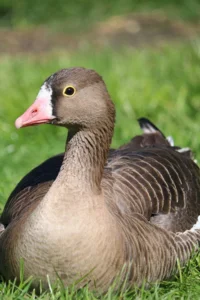
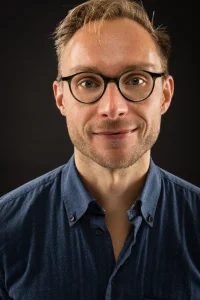
Charles van de Kerkhof
Charles has been brought up in the tourism industry with a passion for nature.
While traveling and working in several European and African countries he explored the local flora and fauna and first hand experienced our planet’s natural and social challenges. Charles spent a lot of his spare time on aviculture and exploring social and natural opportunities for species and ecosystem conservation. His curiosity and inquisitiveness gave him the passion and the drive to explore how we can look after our planet better. This led him to study tourism, entrepreneurship and foodscapes on an academic level which provided him with a critical, entrepreneurial and regenerative mindset and resulted in starting Fjällgås AB.
